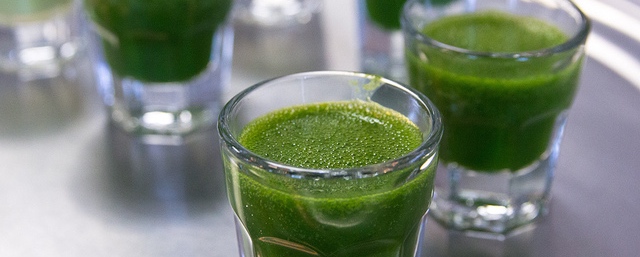With the Silly Season now upon us are you juggling a jam-packed schedule full of office parties, Christmas drinks and mince pie madness? Here are 3 strategies to stay slim and sane amongst the frivolity of the festive season.
1. Don’t lose sight of your values
As I’ve blogged about before, our values drive our decisions. They dictate where we spend our time, energy and money. We feel best about ourselves and our lives when we live in alignment with our values. If you’re reading this, it’s likely that feeling healthy and good in your body is an important value to you. If you find yourself feeling tempted to subjugate your value of health in order to fit in with the crowd at this time of year, I invite you to take a moment to reflect.
Get curious about how you can still be social and festive while living in alignment with your values. The next time the voice of temptation (posing as a rowdy colleague) urges you to have another drink, take a moment to check whether that decision is in alignment with your broader vision for yourself. Ask yourself whether accepting another drink will support your deeper desire to feel vibrant and confident in your body, and then make a decision to honour your values.
2. Become aware of sabotaging beliefs
As detailed in an earlier post, beliefs colour our view of the world and create the boundary conditions of our thinking. Beliefs like “I’ll look like a party pooper if I don’t join in the eating and drinking” or “people will think I’m unsociable if I abstain” limit our ability to think creatively about socialising.
I invite you to examine your current beliefs about what it means to be sociable. In order to begin challenging those beliefs, I encourage you to put yourself in your fellow guest’s shoes. Ask yourself which of these two scenarios would be more enjoyable for you at a social event?
Scenario 1. Trying to talk to someone who is so distracted by their internal ping-pong match over having another glass of wine that you barely feel that they notice you, or
Scenario 2. Feeling the warm glow of someone’s focused attention and interest as you spend some time getting to know a new acquaintance
Its likely that how another person makes you feel in their company is far more influential than the number of calories they consume.
By delving deeper into beliefs about what really constitutes being sociable we begin to open up alternative ways of socialising that honour what’s most important to us.
3. Discover what you’re really hungry for
This time of year is steeped in tradition and ritual, and the serving of rich foods is one such tradition that can be challenging. Traditions and rituals create strong unconscious associations that evoke memories of good feelings. When food is involved in tradition and ritual we anchor those positive feelings to foods. If you often find yourself over indulging in particular festive foods, ask yourself what feelings you’re really craving. Is it comfort, warmth or the cozy memories of preparing a special dish with a loved one from your childhood?
By becoming aware of the feeling you’re seeking beyond the sweet treat you can take alternative actions to enjoy that feeling in a way that honours your values. For instance:
- Cuddle with a pet or loved one to enjoy feelings of connection
- Hunker down in soft pyjamas and a good book to elicit feelings of comfort
- Create new traditions and memories by experimenting with healthy recipes of old Christmas favourites
Amongst the busy-ness of December I encourage you to take a moment to get in touch with your values. When you take the time to consciously honour your values over the holiday season you will find yourself well ahead when the New Year arrives. Then, instead of spending January making up for poor decisions made in December, you’ll be ready to step into the New Year, right on track and ready for an amazing year ahead of you.
Image Credit: Steven Depolo via Flickr

